Got a Question? We've Got Answers!
Were you looking for information about Workday? Find your answers here.
Medicare, HDHPs and HSAs
Can anyone participate in the High Deductible Health Plan (HDHP)?
Yes, you can participate in the HDHP even if you’re eligible for or enrolled in Medicare. The same is true for your spouse or domestic partner or dependent(s). If you are enrolled in Medicare or a non-Health Savings Account (HSA)-eligible health plan (like a spouse’s traditional health plan), you should be aware that these plan(s) affect your eligibility to make tax-free contributions to an HSA and have tax implications on Company contributions or “seed money” (see below).
If I enroll in the HDHP, am I eligible for Company contributions to my HSA?
Yes, you are always eligible for Company contributions if you enroll in one of the HDHPs. However, the taxability of these contributions depends on whether you are covered by Medicare or another nonHSA-eligible health plan.
- If you are not covered by Medicare or another non-HSA-eligible health plan, the Company contribution is tax-free to you (as long as you use it on qualified health, dental or vision expenses).
- If you are covered by Medicare or another non-HSA-eligible health plan, the Company contribution is taxable income to you in the year in which it was deposited into your account. You will need to withdraw that money from your HSA and report it as income when you file your tax return. Please consult your tax advisor for more information.
Am I eligible for Company contributions if my spouse or domestic partner or dependent is enrolled in Medicare?
You are always eligible for Company contributions if you enroll in one of the HDHPs. As long as you are not covered by Medicare or another non-HSA eligible health plan, these contributions are tax-free to you, even if your spouse or domestic partner or dependent is covered by Medicare or a non-HSA eligible health plan.
If my spouse or domestic partner or dependent is covered by Medicare and the HDHP, may I use my HSA to pay for qualified expenses?
Yes. If your spouse or domestic partner or dependent is also covered by an HDHP, you may pay for their out-of-pocket expenses with your HSA. Retain all receipts for your records.
May I contribute money to my HSA if I’m enrolled in Medicare?
No. If you are enrolled in Medicare Part A, B, C or D, you are not eligible to contribute new funds to your HSA. However, you are able to use existing funds in your HSA to pay for qualified health expenses.
What can I use my HSA for when I’m enrolled in Medicare?
After you enroll in Medicare you can use your HSA to pay Medicare premiums, Medicare Advantage premiums, deductibles, copays for medical and prescription drugs and coinsurance under any part of Medicare, but you cannot use your HSA to pay for Medigap (supplement) premiums. You can also use your account tax-free to pay for such qualified health expenses as dental and vision.
What about collecting Social Security benefits before retirement?
If you are working at age 65 or after and decide to begin receiving Social Security monthly benefits, according to IRS rules, you cannot contribute to your HSA from the later of:
- Your 65th birthday or
- The date that is 6 months prior to receiving your first Social Security benefit payment
Depending on your retirement date, the Company will make up to four quarterly contributions to your HSA each year. In order for this money to be tax-free, your first Social Security benefit payment must be received more than 6 months after it is deposited into your HSA.
If you are planning a mid-year retirement, please note that you may front-load your HSA prior to the start of the six-month window. Contact HR Shared Services with questions.
TIP: If your first Social Security benefit is received within 6 months of receiving the Company contribution, you must withdraw that money along with any money you may have contributed to your HSA through payroll deductions during the 6-month window. The seed money and any payroll deductions that you withdraw from your HSA will be considered taxable income to you.
Where can I find more information on Medicare?
Please refer to www.medicare.gov for details. The site covers enrollment, costs, plan details (services included), drug coverage (Part D), insurance supplements and more. You can also call Medicare at 1- 800-633-4227 for more information or help enrolling.
Let Anthem help!
We’ve partnered with Anthem to provide employees with a free, personalized Medicare plan recommendation based on your costs, doctors, prescriptions and where you receive care. Call: 1-888- 280-5845 (TTY: 711), 8 am to 8 pm, Monday - Friday or visit www.anthem.com/movetomedicare.
For more information, visit www.medicare.gov or consult with a tax professional.





